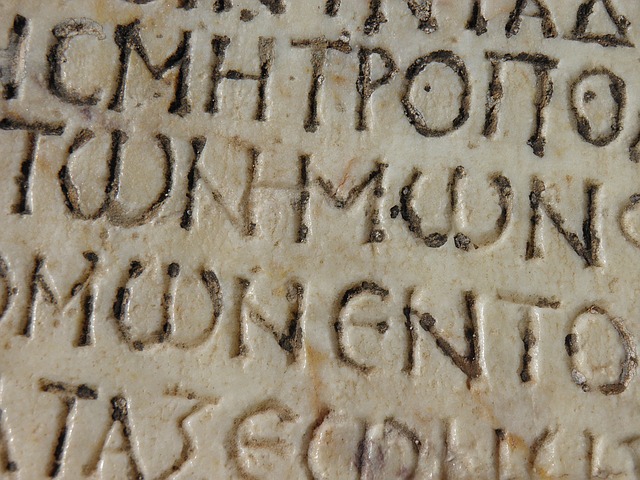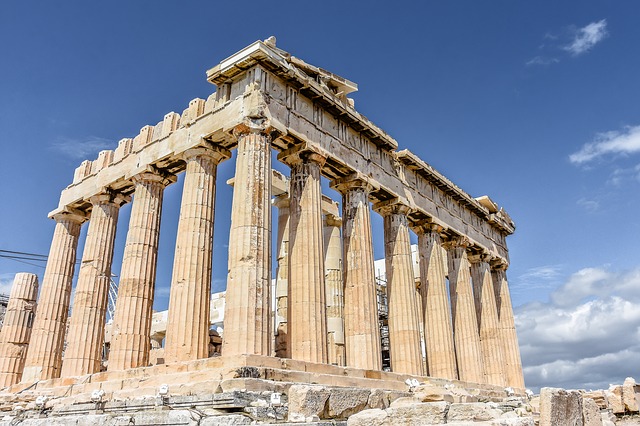
Greek lyric poetry was written in ancient dialects
The Greek word dithýrambos derived from the Latin dithyrambus , which refers to a lyrical work dedicated to Dionysus . The term came to our language as dithyramb .
An honorary poem
In Ancient Greece , therefore, a dithyramb was a poem in honour of the god of wine and fertility . These works were often part of rituals centred on his figure through the interpretation of a chorus . Dionysus was one of the gods of Olympus , son of Semele and Zeus .
Arion of Lesbos is said to have been responsible for turning the dithyramb into a literary genre. Lasus of Hermione was responsible for establishing it in Athens and it was later transformed into a competition within the framework of the Dionysia (festivals dedicated to Dionysus ).
Other authors who created dithyrambs were Bacchylides of Ceos, Pindar and Simonides of Ceos . Although some fragments of the last two still survive, the work of Bacchylides is the most abundant today. It is known that the choir sang the poems around the orchestra, although the word had greater importance than the music, something that began to be reversed over time.
Roots of drama
It is important to note that the dithyramb is often pointed out as a precursor to theatre . While there were people who performed the composition during the development of the rite, other people observed the performance.
Over time , laudatory compositions with exaggerated praise began to be called dithyrambs. A dithyramb aims to exalt and glorify someone.
Greek lyric poetry
Greek lyric poetry is the body of lyric poetry written in different dialects of Ancient Greek, a dead language that included Ionic-Attic, Doric, Aeolian, and Arcado-Cypriot. This literary legacy is especially associated with the period between the 7th and 5th centuries BC and is commonly identified as the "Lyric Age of Greece", although it continued throughout the Alexandrian and Imperial periods.
It is important to note that in addition to the lyrical category, epic and drama are also counted in classical antiquity, according to the structure of the "natural forms of poetry" created by the German writer and naturalist Johann Wolfgang von Goethe in the early 1800s. In this context, theater is taken as a form of poetry because at that time both comedy and tragedy were written in verse . We must not forget that for the culture of ancient Greece, lyrical poetry emerged from the intellectual, social and political environments of the city-state, the so-called polis .
Much of this work was composed to be performed by a soloist or chorus on well-defined occasions, both in public and private settings. A common example was the so-called symposium , a banquet held to celebrate family, town and other events worthy of a party. Lyric poems in ancient Greece evoked the dead, demonstrated devotion to religious figures, inspired soldiers to fight bravely, and also served to celebrate athletic achievements. Their forms included the paean, the hymn, and the dithyramb .

Bacchylides of Ceos is one of the authors whose most dithyrambs have been preserved.
As a proper name
Ditirambo Teatro , on the other hand, is the name of a theatre company founded in 2005 in Pamplona ( Navarra ). Since its creation, it has participated in multiple festivals and events , performing in front of thousands of spectators.
Ditirambo Arte is a theatre and artistic production company that was founded in 1984 in the city of Buenos Aires ( Argentina ) on the initiative of Rubén Barreira González . After three decades of experience, Ditirambo landed in Madrid ( Spain ).
